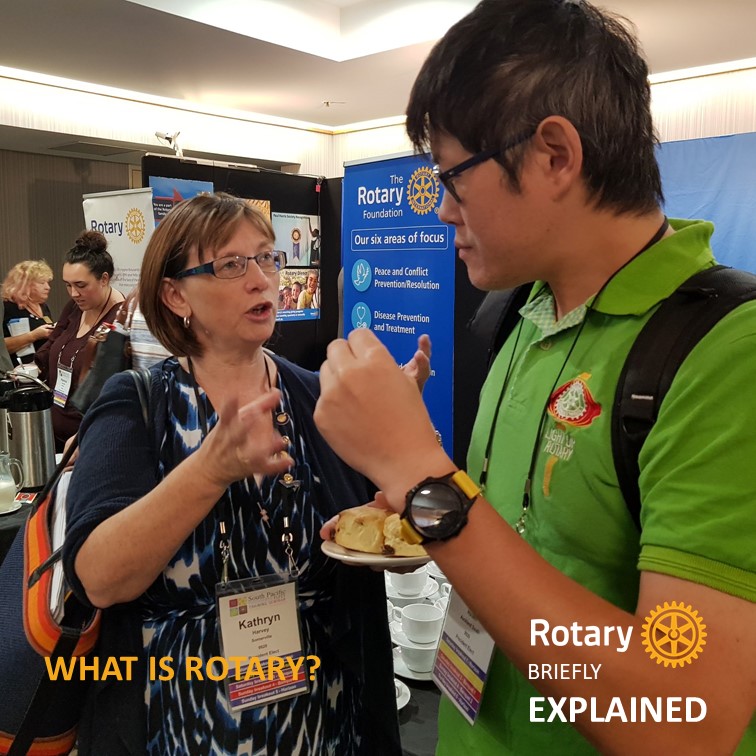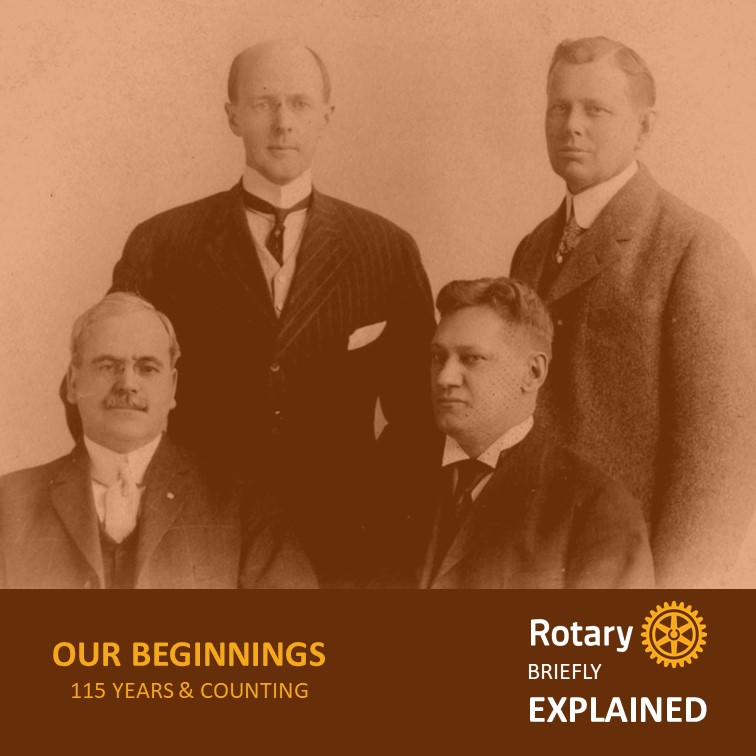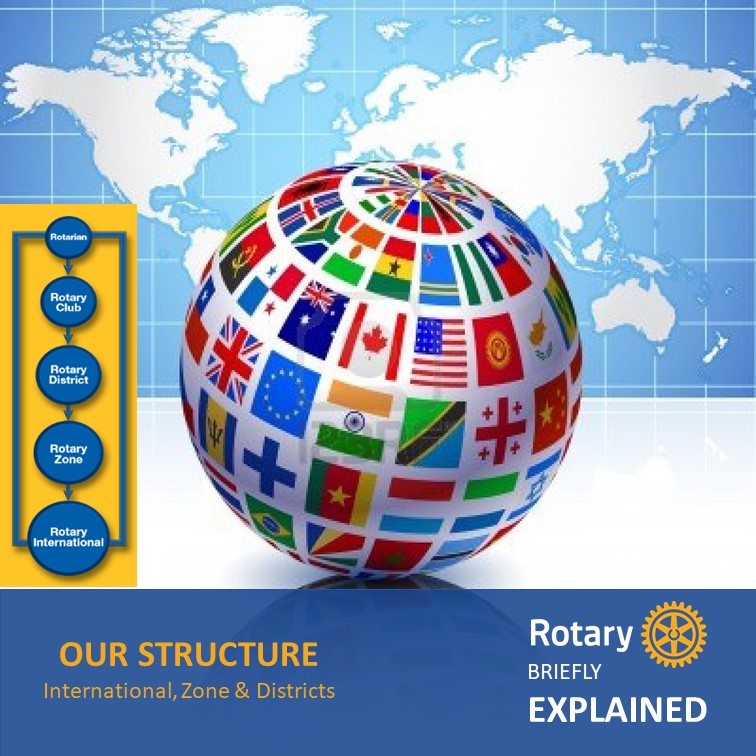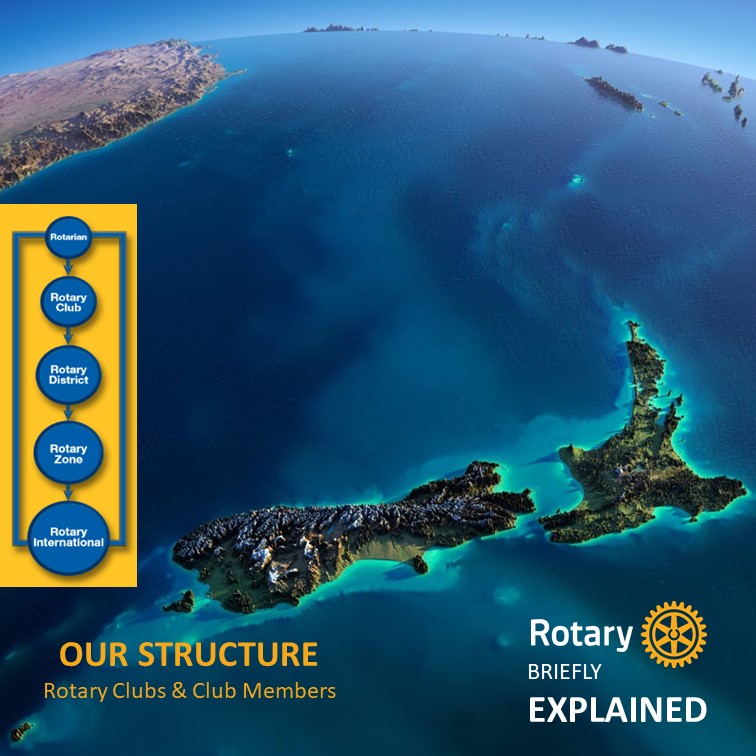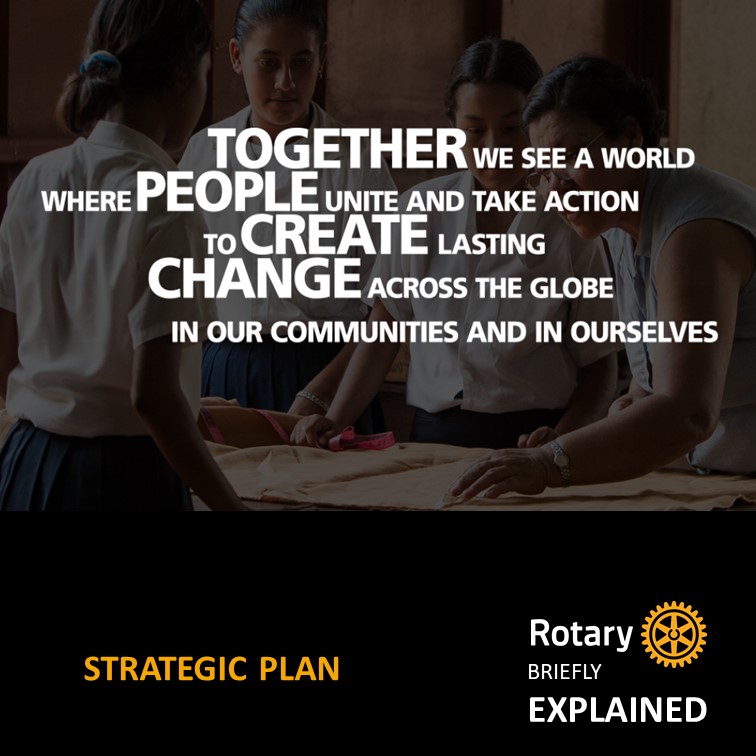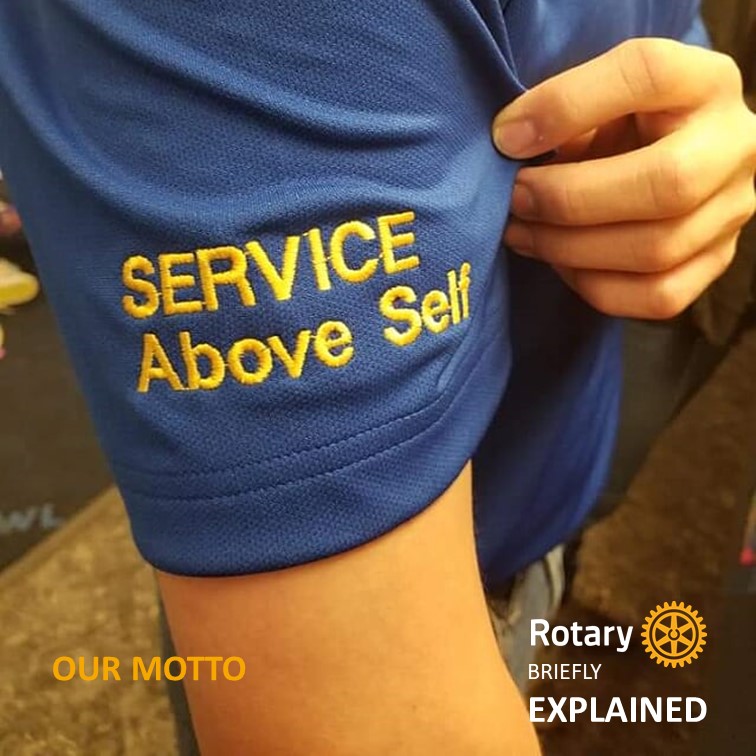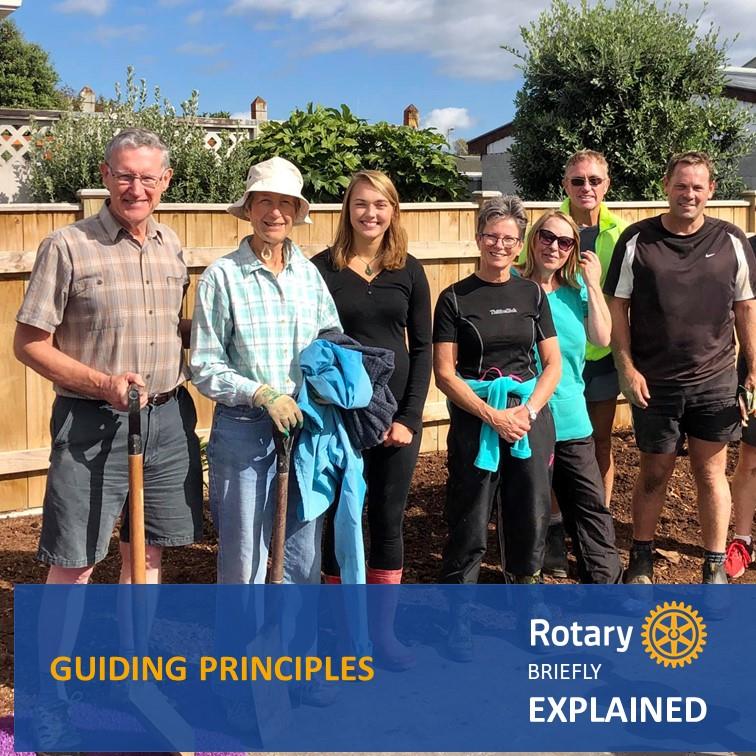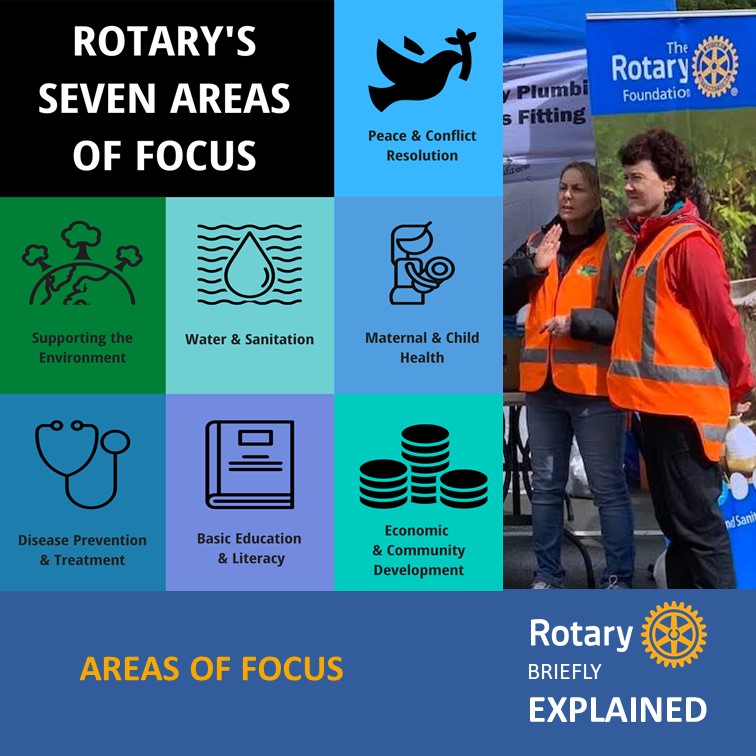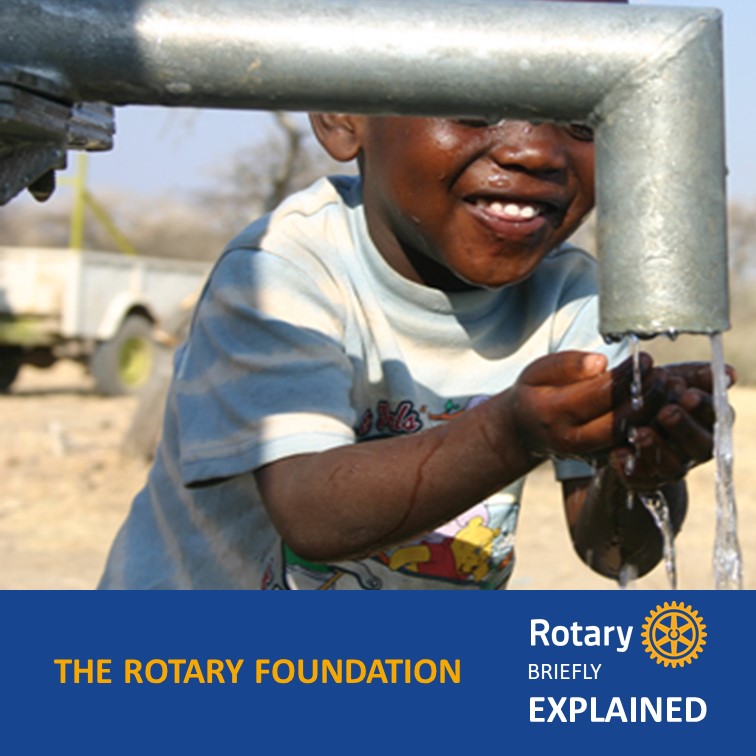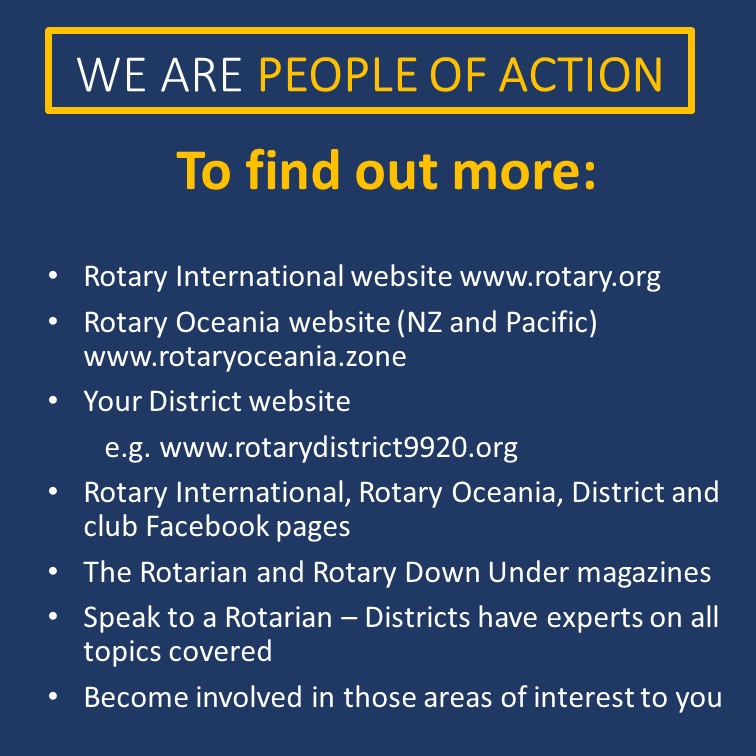Rotarians intuitively know that the contribution and impact of the work by each of them is immense, but what they generally see is only what they and their fellow club members do, one hour at a time.
However, to see how the time contribution of each Rotarian adds to a world-wide total is utterly impressive.
None of the major service organizations has been able to gain a meaningful handle on the actual scale or economic value of the volunteer effort they mobilize until Rotary commissioned research by Johns Hopkins University into Rotary’s volunteer impact.
Here are some points:
• Globally, Rotarians contribute 47 million volunteer hours per year. Even more impressive is that each of these hours represents a real benefit to communities locally and internationally.
• Rotary International is mobilizing a workforce for social progress each year that is equivalent to nearly 27,000 full-time equivalent workers—nearly 50 times larger than its own 563 paid staff. Remarkable!
• Conservatively this represents US$850 million a year. Rotary thus saves communities nearly US$850 million in service costs.
• 73.4% of Rotarians rate emphasis on service as one of the organization’s major attractions to its members. [Therefore, service opportunities are how Rotary attracts members and retains them! Rotary does well on this regard]
• Women Rotarians contribute a slightly higher number of volunteer hours than men
• In New Zealand and Australia Rotarians contribute an average of 6 volunteer hours per month … much higher than some! (Asia 4.3, Europe 4.7, North America 3.7, but Latin America 6.4)
• Half of all Rotary organized volunteer time is devoted to health, education, and social assistance (e.g., child, elder, or disability care, soup kitchens, refugee support services), with culture and arts a close fourth.
• The largest proportion of hours (49%) was devoted to manager, organizer, or coordinator functions. [Indicates we use Rotarians use their organisational skills] However, 33.3% of hours is in manual service [ eg. building gardens for schools, or installing sanitation to Pacific villages, and huge variety of other projects].
For an introduction and where to download the full report go to https://www.rotary.org/en/value-rotary-volunteering.You will be impressed! This is the global organisation you could be a meaningful part of.
